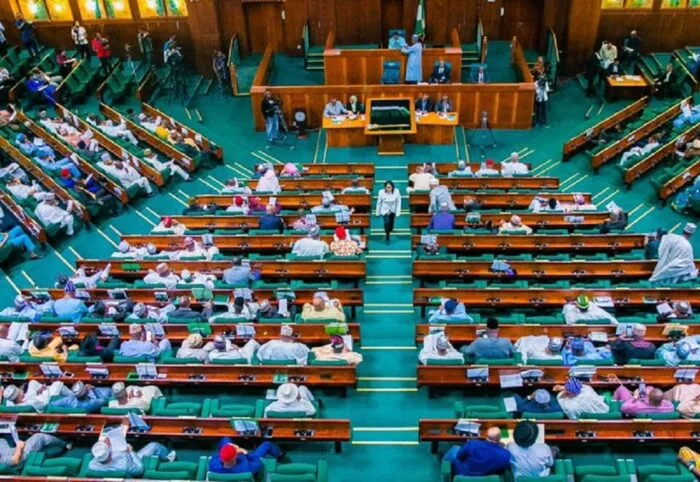The Nigerian House of Representatives is embarking on a crucial journey of electoral reform in anticipation of the 2027 general elections. This endeavor aims to bolster the transparency and credibility of the electoral process, addressing key concerns that have emerged in previous elections. The House Committee on Constitution Review is at the heart of this effort, meticulously reviewing proposed amendments to the Electoral Act of 2022. These proposed changes encompass a range of critical issues, including the electronic transmission of results, diaspora voting, and the synchronization of all national elections. This reform drive reflects a commitment to strengthening the democratic framework and ensuring a more robust and reliable electoral system.
Central to the proposed reforms is the electronic transmission of election results, a measure designed to enhance transparency and minimize the potential for manipulation. By transmitting results directly from polling units, the system aims to create a more accurate and verifiable record of the vote count, thereby reducing opportunities for fraud and increasing public trust in the outcome. Alongside this, the inclusion of diaspora voting is being considered, recognizing the right of Nigerian citizens residing abroad to participate in the democratic process. Finally, the proposal to hold all national elections on the same day aims to streamline the electoral calendar and potentially reduce logistical challenges and costs.
House Minority Leader, Kingsley Chinda, has underscored the urgency of passing the Election Petition Tribunal Act before the 2027 elections. This act seeks to streamline the process of resolving electoral disputes, ensuring a more efficient and timely resolution of complaints. Chinda advocates for INEC to play a neutral role in election petitions, acting solely as a provider of evidence rather than a party to the proceedings. This separation aims to enhance the impartiality of the tribunal process and bolster public confidence in its fairness. He further proposes sanctions for INEC’s failure to produce requested evidence, emphasizing the commission’s responsibility to cooperate fully with the tribunal.
Chinda’s reform proposals extend beyond the tribunal process, advocating for mandatory electronic transmission of results from polling units to prevent manipulation and ensure transparency. He also calls for measures to curb religious influence in voting, promoting a secular electoral environment where citizens can make their choices free from undue pressure. Furthermore, he suggests abolishing by-elections for vacant seats, proposing instead that the political party of the departing member nominates a replacement to complete the remaining term. This change would streamline the process, reduce costs, and maintain political representation without the need for frequent by-elections.
Oluwole Oke, Chairman of the House Committee on Foreign Affairs, has also highlighted the need for electoral reforms, particularly concerning constituency delineation. He argues that the current constituency boundaries do not adequately represent Nigeria’s growing population, leading to underrepresentation in both federal and state parliaments. Oke champions a review of constituency boundaries to ensure a more equitable distribution of representation, reflecting the country’s demographic changes. He also advocates for the inclusion of independent candidates in elections, widening the field of contenders and potentially fostering greater political diversity.
Adding another dimension to the reform discussions, Kolawole Akinlayo, a member representing Ekiti State, proposes that INEC should conduct local government elections. This move seeks to standardize the electoral process across all levels of government, promoting consistency and potentially reducing the influence of partisan politics in local elections. By entrusting local elections to INEC, the aim is to enhance their credibility and fairness, ensuring a more level playing field for all contestants. These combined proposals reflect a multifaceted approach to electoral reform, seeking to address various challenges and strengthen the overall integrity of the electoral system in preparation for the 2027 elections. The ultimate goal is to create a more transparent, efficient, and representative electoral process that truly reflects the will of the Nigerian people.


